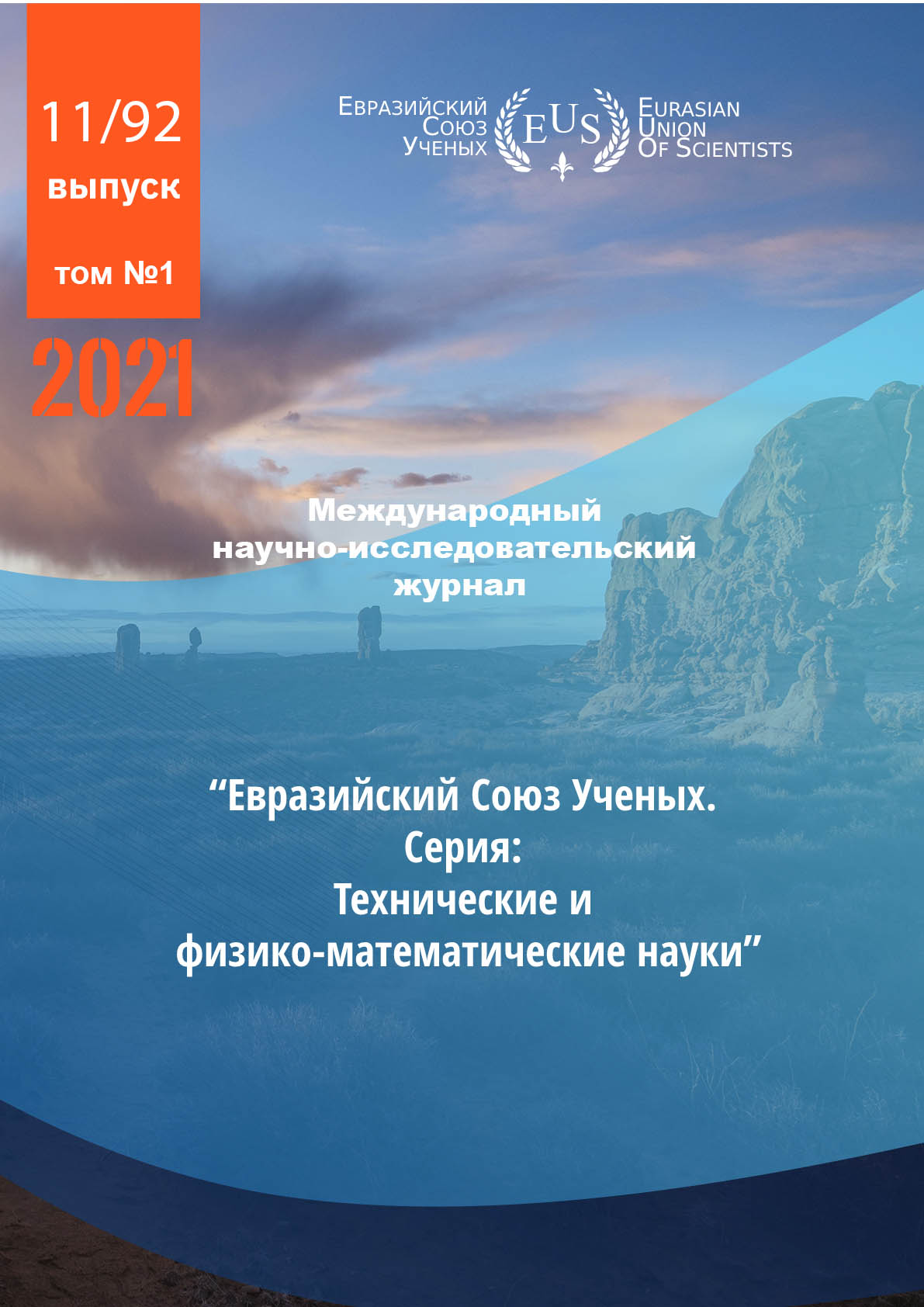INVESTIGATION OF THE ABSOLUTENESS OF TIME
Abstract
In classical physics, time is considered absolute. It is believed that all processes, regardless of their complexity, do not affect the flow of time
The theory of relativity determines that the flow of time for bodies depends both on the speed of movement of bodies and on the magnitude of the gravitational potential. It is believed that time in space orbit passes slower due to the high speed of the spacecraft, and faster due to the lower gravitational potential than on the surface of the Earth. Currently, the dependence of time on the magnitude of the gravitational potential and velocity (relativistic effect) is taken into account in global positioning systems.
However, studying the relativistic effect, scientists have made a wrong interpretation of the difference between the clock frequency of an orbiting satellite and the clock frequency on the Earth's surface. All further studies to explain the relativistic effect were carried out according to a similar scenario, that is, only the difference in clock frequencies under conditions of different gravitational potentials was investigated.
While conducting theoretical research, I found that the frequency of the signal changes along the way from the satellite to the receiver due to the influence of Earth's gravity. It was found that the readings of two high-precision clocks located at different heights will not differ after any period of time,
that is, it is shown that the flow of time does not depend on the gravitational potential. It is proposed to conduct full-scale experiments, during which some high-precision clocks are sent aboard the space station, while others remain in the laboratory on the surface of the earth. It is expected that the readings of the satellite clock will be absolutely identical to the readings of the clock in the Earth laboratory.
References
Johannesen R Interference: Sources and Symptoms, GPS World, Nov. 1997.
Shebshaevich V S, Dmitriev P P, Ivantsev N. V., etc. Network satellite radio navigation systems / edited by V. S. Shebshaevich. - 2nd ed., reprint. and additional - M.: Radio and Communications, 1993.
Bulletin of the Maritime State University, Series History of Marine Science, Technology and Education, Vladivostok, Issue 56/2012, p.96].
Buisson J.A, Easton R L, Mc. Caskill T B Initial results of the NAVSTAR GPS NTS-2 satellite, U.S. Naval Research Laboratory (NRL) Washington, D.C. p.180
Internet Resource, www.leapsecond.com/history/1978-PTTI-v9-NTS-2.pdf
Basov N G, Krokhin O N, A N Oraevsky, Strahov G M, Chikhachev B M, About the possibility of the study of relativistic effects by means of molecular and atomic frequency standards UFN September 1961. Str.25
Singer S F Phys. Rev. 104, 11 (1956)
KS. Zheng etc. Comparison of the high accuracy of a distinctive clock with a multiplexed clock on an optical array. arXiv: 2109.12237. I arrived on September 24, 2021.
T. Bothwell et al. Resolution of the gravitational red change in a millimeter atomic sample. arXiv: 2109.12238. I arrived on September 24, 2021.
Hafele J; Keating P (July 14, 1972). Worldwide atomic clocks: the predicted relativistic profit of time. Nauka 177 (4044): 166-168.
Okun L, Selivanov K, Telegdi V Gravity, Photons, Clocks, UFN vol. 169, No. 10,
Aleshkevich V A On Teaching Special Relativity theory based on modern experimental data UFN, 2012, volume 18
CC BY-ND
A work licensed in this way allows the following:
1. The freedom to use and perform the work: The licensee must be allowed to make any use, private or public, of the work.
2. The freedom to study the work and apply the information: The licensee must be allowed to examine the work and to use the knowledge gained from the work in any way. The license may not, for example, restrict "reverse engineering."
2. The freedom to redistribute copies: Copies may be sold, swapped or given away for free, in the same form as the original.





